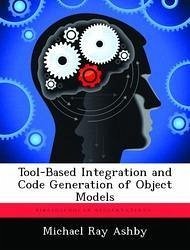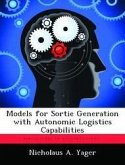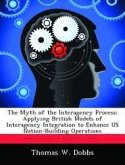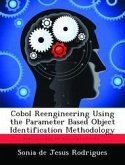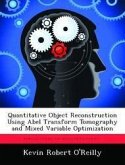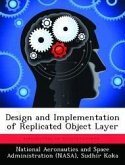Today many organizations are faced with multiple large legacy data stores in different formats and the need to use data from each data store with tools based on the other data stores' formats. This thesis presents a tool-based methodology for integrating object-oriented data models with automatic generation of code. The generated code defines a global data format, generates views of global data in individual integrated data formats, and parses data from individual formats to the global formats and from the global format to the individual formats. This allows for legacy data to be translated into the global format, and all future data to be entered in the global format. Once in the global format, the data may be exported to any of the integrated formats for use with the appropriate tools. The methodology is based on using formal methods and knowledge-based engineering techniques with a transformation system and object-oriented views. The methodology is demonstrated by a sample implementation of the integration tool being used to integrate data formats used by three different sensor-based, engagement-level simulation systems.

